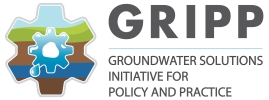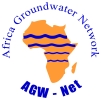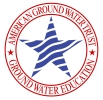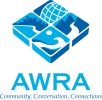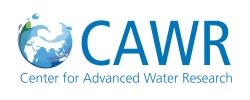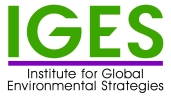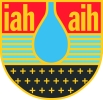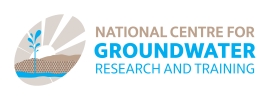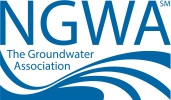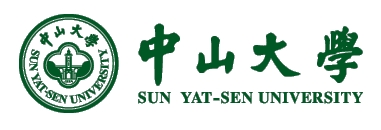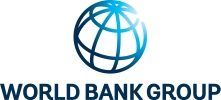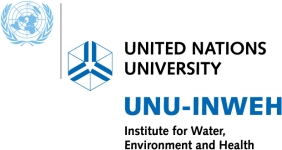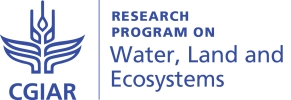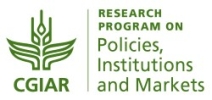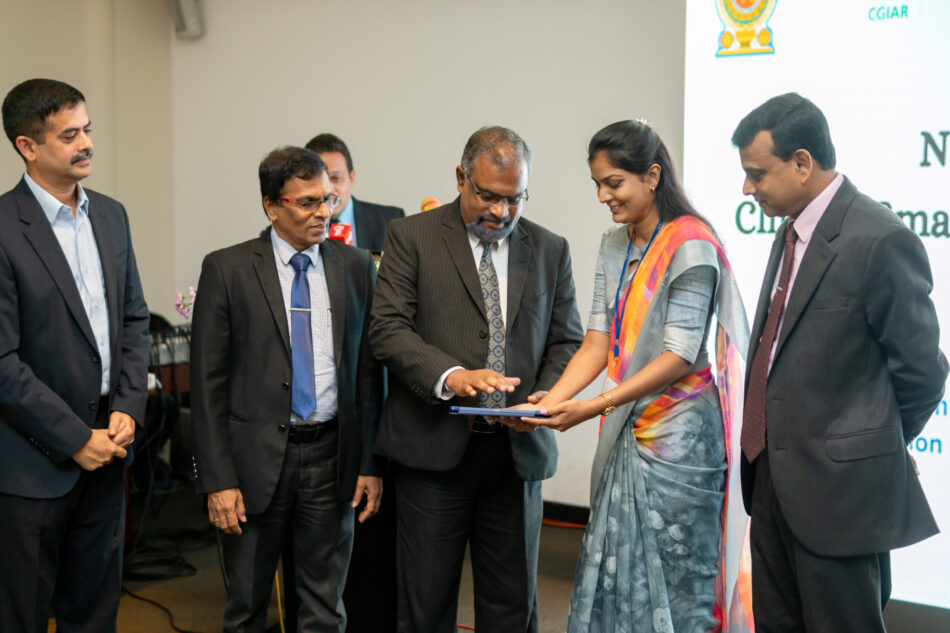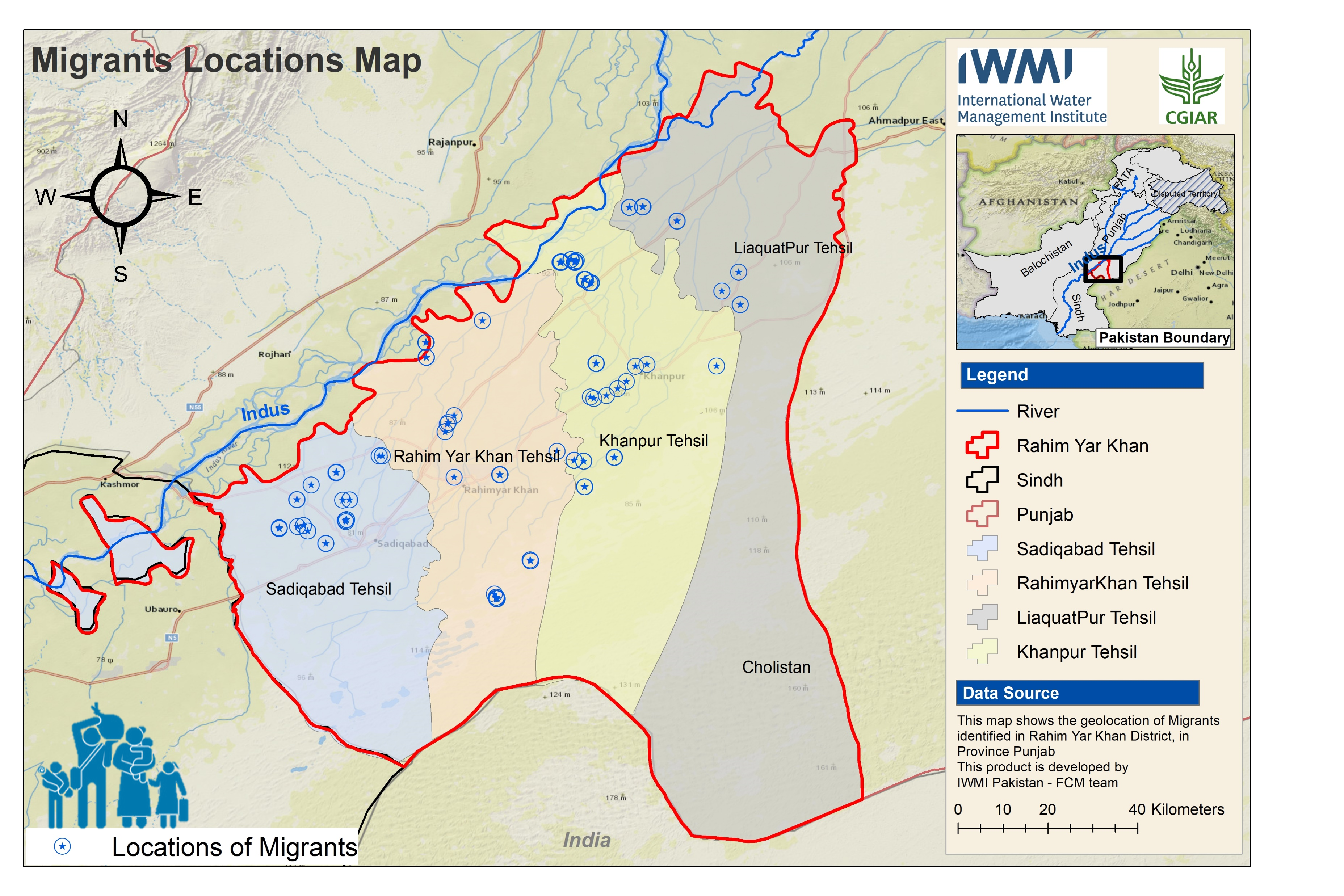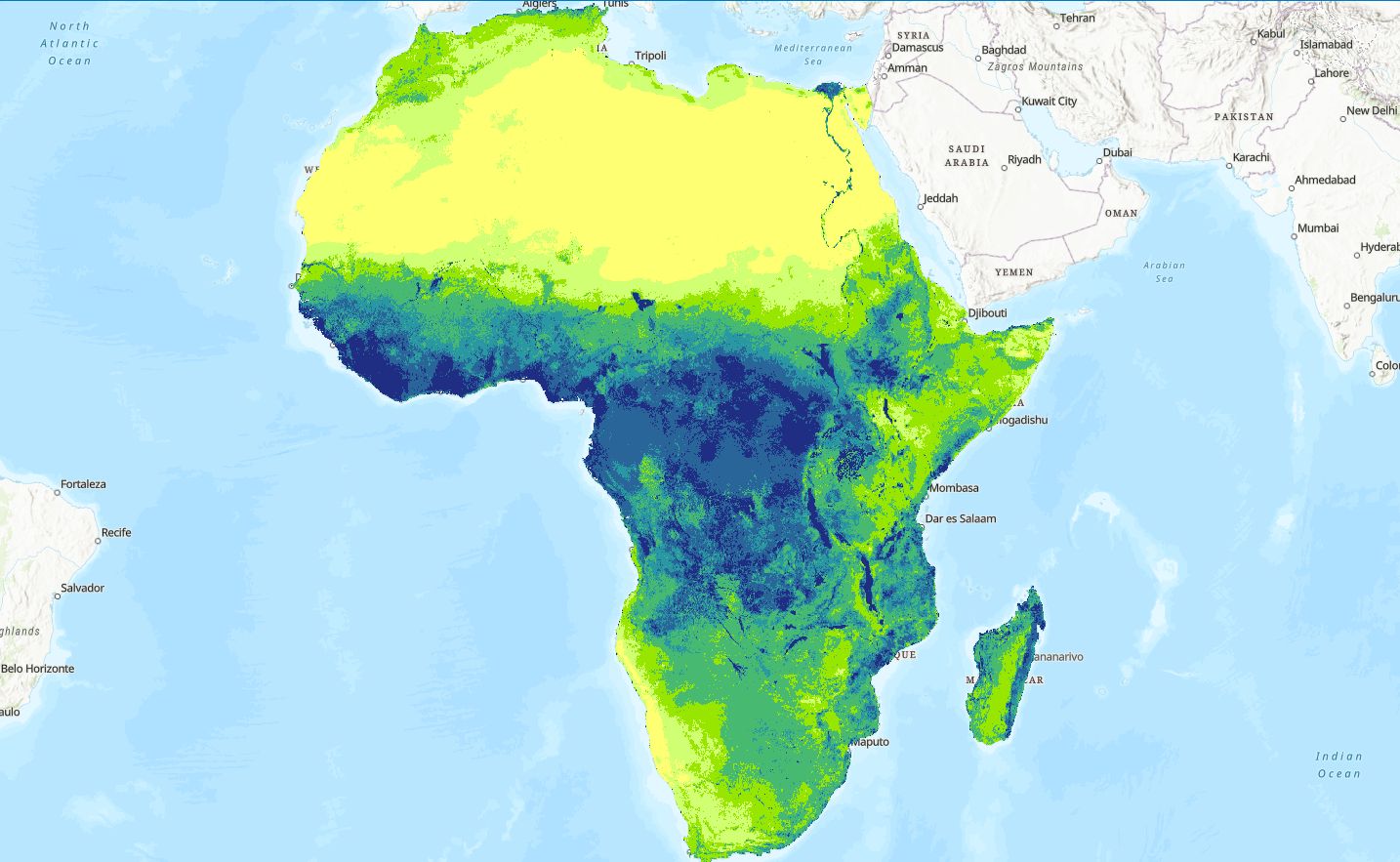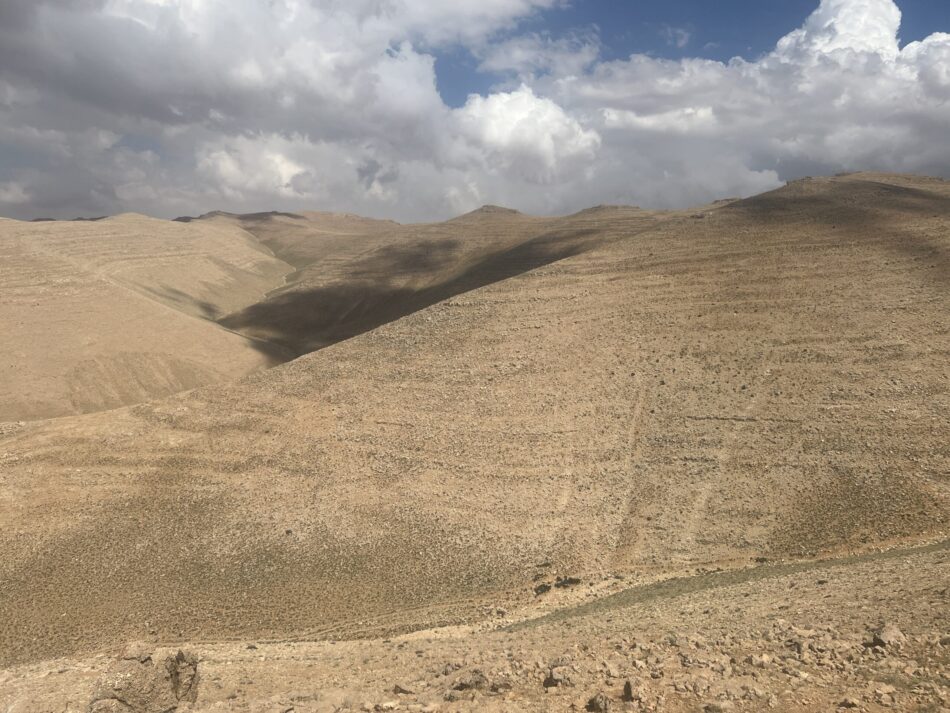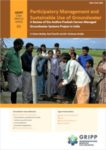
Participatory Management and Sustainable Use of Groundwater: A Review of the Andhra Pradesh Farmer-Managed Groundwater Systems Project in India
GRIPP Case Profile Series – Issue 5 Abstract In arid and semiarid environments, livelihoods based on irrigated agriculture are typically dependent on groundwater. Despite being a common-pool resource, groundwater development is primarily in the hands of private individuals, because groundwater rights are often linked to land rights, as in the…
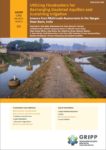
Utilizing Floodwaters for Recharging Depleted Aquifers and Sustaining Irrigation: Lessons from Multi-scale Assessments in the Ganges River Basin, India.
GRIPP Case Profile Series – Issue 4 Abstract Extreme weather events disproportionately affect large populations in the world’s emerging economies. Such regions may be characterized by recurrent cycles of intense rainfall that cause distressing floods and longer periods of low rainfall that cause seasonal droughts. India is a clear case…
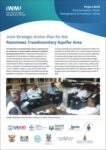
Joint strategic action plan for the Ramotswa transboundary aquifer area
Cooperative development and management of shared waters is widely recognized for its role in enhancing regional cooperation, water security and resilience. Protocols under the United Nations and the Southern African Development Community (SADC) call for cooperation on transboundary waters. Also, target 6.5 under Goal 6 of the United Nations Sustainable…
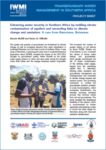
The link between groundwater quality and drought in Southern Africa
Land use and other activities are putting greater pressure on groundwater in vulnerable but highly productive karst aquifers, such as the Ramotswa Aquifer, which is shared between Botswana and South Africa. This aquifer is representative of similar karst aquifers in Southern Africa, which generally provide a reliable supply of good…
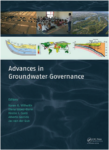
Book on ‘Advances in Groundwater Governance’ now open source
This book is especially unique in that it not only explains a wide range of issues associated with groundwater governance, but it also provides water industry professionals, decision-makers and local stakeholders with a suite of solutions for a heuristic approach to managing this extremely important resource. Use this flyer for…
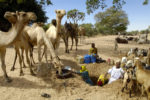
New Report: Groundwater and SDGs
A new report by the United Nations University (UNU- INWEH) analyzes the interlinkages between groundwater and the Sustainable Development Goal (SDG) targets. The SDGs of the 2030 Development Agenda do not, as a rule, account explicitly for groundwater, but it is clear that groundwater already plays and will continue to play a significant…
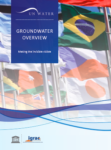
Groundwater overview – Making the invisible visible, new UN Report
Globally, invisible groundwater resources are under increasing pressure due to human activities and climate change. Our response to this pressure is often not adequate, also due to limited awareness of the importance of groundwater resources. This Groundwater Overview is prepared by IGRAC (International Groundwater Resources Assessment Centre) in cooperation with…
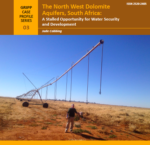
The North West Dolomite Aquifers, South Africa: A Stalled Opportunity for Water Security and Development
GRIPP Case Profile Series – Issue 3 Abstract The karst dolomite aquifers of the North West Province in South Africa are among the most important in the nation. They serve as key water sources for municipal water supply and irrigation, and are also ecologically important in supplying springs that feed…
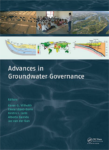
New Book: Advances in Groundwater Governance
Numerous GRIPP partners took part in the writing and editing of a groundbreaking book on groundwater governance. Published by CRC Taylor & Francis this year, the book addresses some of the biggest questions that water managers are facing around the world, and provides evidence-based and state-of-the-art solutions for governance of…
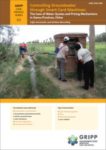
Controlling groundwater through smart card machines: the case of water quotas and pricing mechanisms in Gansu Province, China
GRIPP Case Profile Series – Issue 2 Abstract The second issue of the GRIPP Case Profile Series documents the use of water quotas and pricing mechanisms in Northwest China to control and manage groundwater. Since the 1970s, this region has experienced intensive groundwater abstraction by smallholder farmers. In 2002, however,…
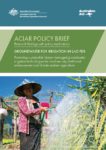
New Policy Brief: Groundwater for Irrigation in Lao PDR
The International Water Management Institute, in collaboration with partners from Lao PDR, Thailand and Japan have been working to assess the groundwater resources; identify existing groundwater use in agriculture; develop and test new community-managed groundwater irrigation schemes; and establish the potential for expanded use of groundwater. This, in turn, serves…
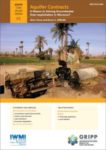
Aquifer contracts: A means to solving groundwater over-exploitation in Morocco?
GRIPP Case Profile Series – Issue 1 Abstract The Moroccan government has used aquifer contracts as a management tool to control groundwater depletion. The first aquifer contract was signed in 2006 for the Souss region as a technical and financial non-binding contract between stakeholders and the government. The contract contemplated…






